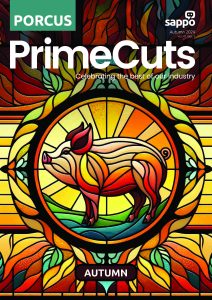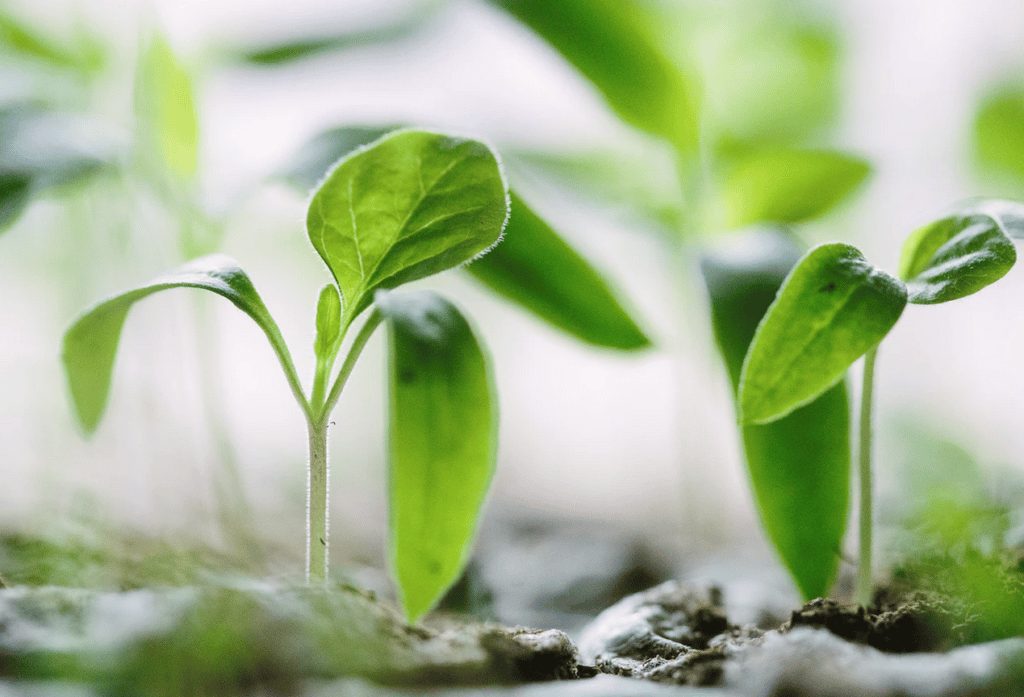Wandile Sihlobo, Agbiz. This essay first appearedon Fin24, 12 October 2020.
We are just over two weeks before the Crop Estimates Committee (CEC) releases data on South African farmers’ intentions to plant summer crops for the 2020/21 season.
The available data such as tractors sales, weather outlook, and commodity prices,which could be read as “leading indicators”, suggests that this could be yet another good season for South Africa’s agricultural sector.
The focus on 28 October 2020, which is a day when the data will be released, will mainly be on maize, sunflower seed, soybeans, groundnuts, sorghum and dry beans,which are all major summer grains and oilseeds. The aforementioned tractors sales, which are an important early indicator of farmers’ expectations for the upcoming season, have been robust since June 2020.
The recent sales for September 2020 show eda 23% y/y increase,with about 529 units sold. Importantly, the available data for the first nine months of the year already show that South Africa’s tractors’ sales amounted to 3 924 units, up slightly by 0.1% y/y. This was boosted, to a certain extent, by improved farmers’ financial position following a large summer grains harvest in 2019/20 production seasonand combined with higher commodity prices. Another factor that is likely to buoy farmers is crop prices.
On 08 October 2020,South Africa’s white and yellow maize spot prices were each up by 21% y/y, trading at R3394 per tonne and R3 498 per tonne, respectively. At the same time, domestic soybean and sunflower seed spot prices were up by 36% y/y and 34% y/y respectively trading at R8206 per tonne and R7 633 per tonne.
The key drivers of prices are mainly the weaker domestic currency, rising demand for South African grain products in key markets such as the Far East, and generally higher global grains prices on the back of growing demand from China. Although these price increases present various challenges for grain users, primarily, the livestock industry, millers, and ultimately consumers, they have improved farmers’ finances. This has offered some of the support for the solid agricultural machinery sales.
Read more
The South African Pork Producers’ Organisation (SAPPO) coordinates industry interventions and collaboratively manages risks in the value chain to enable the sustainability and profitability of pork producers in South Africa.







